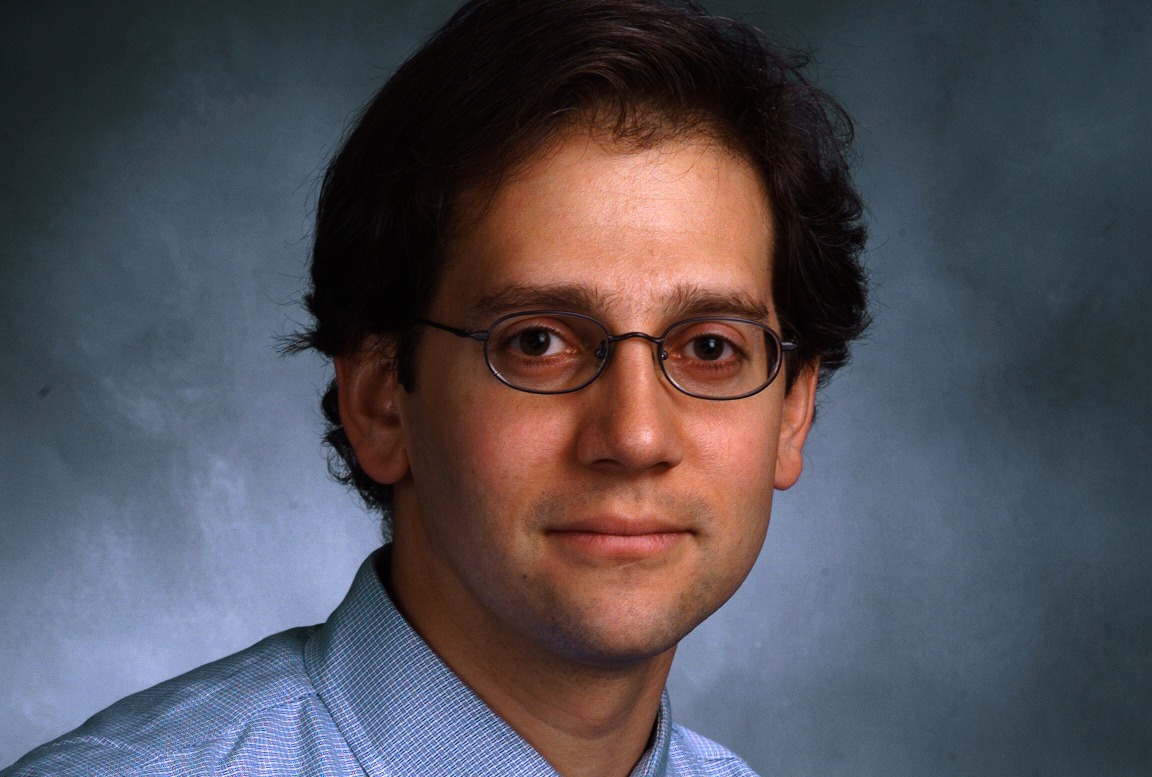Little Evidence of Widespread Panic; Study Highlights Central Role of Primary Care Physicians in Fighting Future Bioterror Events
New York, NY (October 12, 2004) — Primary care physicians — working only blocks away from the New York City anthrax attacks of October 2001 — acted responsibly and rationally in the midst of the crisis, according to NewYork-Presbyterian Hospital/Weill Cornell Medical Center researchers.
"This is the first study to document patterns of primary-care visits and prescribing during the only lethal bioterror attack in the country's history," said lead researcher Dr. Nathaniel Hupert, assistant professor of public health and medicine at Weill Medical College of Cornell University, and assistant attending physician at NewYork-Presbyterian/Weill Cornell in New York City.
The study, published in the October 11 Archives of Internal Medicine, found that doctors acted prudently in a challenging situation "where they had little good guidance, and where the story was changing day by day," Dr. Hupert said.
On October 12, 2001, the first confirmed case of cutaneous (skin contact) anthrax in New York City was identified in an NBC producer exposed when she opened an anonymous letter containing anthrax spores. On October 26, NYC health authorities identified a case of more dangerous inhalational anthrax, with the victim, a 61-year-old woman, dying three days later.
In their retrospective study, the NewYork-Presbyterian/Weill Cornell team examined electronic medical records from September 11, 2001 to December 31, 2001 on all outpatient telephone and clinic visits to a large outpatient clinic on New York's Upper East Side — a clinic that typically handles 56,000 patients per year.
The researchers found, despite media reports of public panic, that "doctors weren't inundated" by large numbers of frightened patients, Dr. Hupert said. In fact, patient-doctor contacts involving anthrax concerns totaled just 244 over the 3.5-month study period — amounting to less than two percent of all contacts.
Furthermore, when patients did request antibiotics like ciprofloxin or doxycycline to protect against anthrax infection, primary care physicians "responded very cautiously and selectively," Dr. Hupert noted. "There wasn't blanket treatment." Overall, just 52 patients visiting this busy Manhattan clinic received antibiotics for anthrax from their primary care physician during the fall of 2001.
The study found that patients were more likely to be prescribed antibiotics if they specifically requested the drugs. "However, many patients who requested Cipro did so at the behest of their employers — these patients often worked at what may have been considered high-risk facilities such as the U.S. Postal Service," Dr. Hupert explained.
Other factors that made it more likely to receive a prescription included reporting exposure to a suspicious powder or having some kind of abnormal finding on a physical exam.
"But there was one surprising finding — people who reported illness symptoms were actually less likely to get antibiotics than those who did not," Dr. Hupert said. "In those cases, a clinical examination may have uncovered alternate explanations, such as cold or flu, or bacterial sinusitis," he explained.
The bottom line, he said, is that doctors acted with restraint and professionalism "in the unprecedented setting of a slowly unfolding bioterrorism attack."
Besides giving us a view into a pivotal moment in America's first-ever response to bioterrorism, the study offers policymakers valuable lessons for future responses to such events.
"The primary care physician is crucial to that response — these were the people patients were coming to with questions," Dr. Hupert pointed out. Three years after the events of October 2001, the importance of practicing physicians has still not been fully recognized, nor has their role in an effective public health response been defined, he said.
"Community-based health-care providers are one of the most critical elements in responding to any public health crisis, especially bioterrorism," he said.
Dr. Hupert and others at NewYork-Presbyterian/Weill Cornell are continuing their research into public health responses to bioterrorism, including two studies in collaboration with Dr. Neal E. Flomenbaum, Chief of Emergency Medicine, on emergency services use at hospitals in the NewYork-Presbyterian Healthcare System during the anthrax attacks.
Dr. Hupert's research is funded by the U.S. Department of Health and Human Services Agency for Healthcare Research and Quality (AHRQ).
Co-researchers include Dr. Wairimu Chege, formerly of NewYork-Presbyterian/Weill Cornell, now at the Centers for Disease Control and Prevention, Atlanta; Dr. Gonzalo M.L. Bearman, of Virginia Commonwealth University, Richmond, Va.; and Dr. Fred Pelzman, also of NewYork-Presbyterian/Weill Cornell.
Office of Public Affairs
pr@nyp.org

